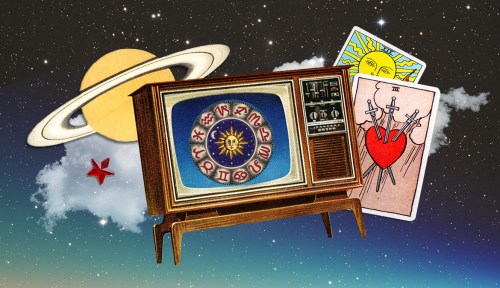Our editors independently select these products. Making a purchase through our links may earn Well+Good a commission
Astrology is more than just your sun, moon, and rising signs. There are a lot of other important components of a natal chart, which involves understanding various planets and placements at the precise date, time, and location of your birth. If this all sounds complicated, that’s because it can be. However, understanding the meaning of the planets can offer you valuable insights into who you are—and if you want to know how you express yourself in the various aspects of your life, it’s also worth looking into the 12 houses of astrology, which is another piece of the puzzle that makes up your natal chart.
Experts in This Article
Reiki practitioner, astrologer, and author of Chakras &
astrologer, Organization of Professional Astrology board member, and host of the Celestial Insights podcast.
astrologer and tarot reader
astrologer, tarot reader, and author of The Oracle Card Journal
What are the 12 houses in astrology?
The astrological houses represent all the areas of your life and experience, with houses one through six being your “personal houses” and houses seven through 12 being your “interpersonal houses.” Each house offers insight into how your natal planets and signs are expressed in the various areas of your life, from your self-image to your relationships with others.
You can think of each of the planets as an aspect of your personality, the signs as the expression of those aspects, and the houses as the particular areas of your life in which this energy comes into play. The houses are also said to correspond with the energy of each of the 12 signs and their ruling planets in zodiac order. (For instance, the 7th sign, Libra, would correspond with the 7th house, while the 10th sign, Capricorn, would correspond with the 10th house.)
However, it’s important to keep in mind that while each house has a corresponding planetary ruler and sign, it will likely differ from your personal chart. So, even if the 7th house of the zodiac is associated with Libra and its ruling planet, Venus, the 7th house could be in the sign of Capricorn and house the planets Neptune and Uranus in your personal chart. As astrologer Maria Sofia Marmanides tells Well+Good, “Each house has its own significations, and you can find those corresponding parallels with the zodiac signs, but it’s not always completely one-to-one—I wouldn’t use it in a personal interpretation.”
Case in point: Your first house is always in the same sign as your ascendant or rising sign; this also determines your astrology chart ruler, or the planet that has particular influence over your individual life path and natal chart—even though the first house is traditionally associated with the sign of Aries and the planet Mars, your first house will not be in Aries if you’re not an Aries rising.
Even so, understanding the connection between the houses and their corresponding parallels with their planetary rulers and signs can offer more information about the meaning of the houses and in turn, each of the 12 zodiac signs. “When you start to make these correlations, it gives the signs more flavors and helps you understand the activities that go on in a given house,” says astrologer Celeste Brooks.
“When you start to make these correlations, it gives the signs more flavors and helps you understand the activities that go on in a given house.” —Celeste Brooks, astrologer
With this in mind, here’s the meaning of each of the 12 houses in astrology and how they correspond with their natural planetary rules and signs.
The 12 houses of astrology and their corresponding natural planetary rulers and signs
First house
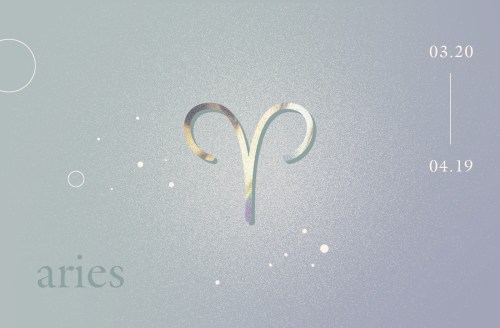
Natural rulers: Aries and Mars
The first house in astrology is all about you. It governs our self-image, our sense of self, and the image we project to others, says Brooks. As it pertains to first impressions, it correlates to Aries—the fiery and self-starting sign of the zodiac wheel—and Mars, a planet of physicality, action, and ambition.
Second house
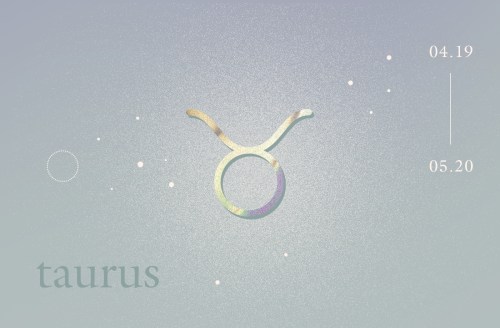
Natural rulers: Taurus and Venus
The second house is all about personal resources, talents, and values, says Brooks. It also deals with themes of security and stability—and fittingly, the second house corresponds to Taurus, which has come to embody both of these things, and Venus, which is not only the planet of love and relationships, but also finances.
Third house
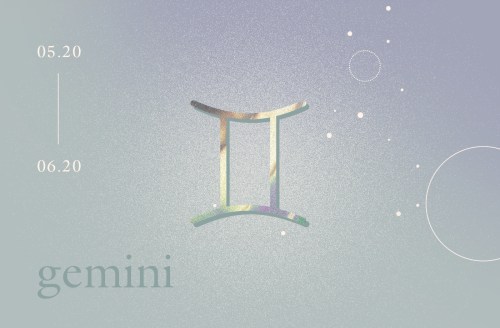
Natural rulers: Gemini and Mercury
“This is the ‘I think house,” says Brooks, adding that it is associated with chatty Gemini and its ruling planet Mercury, which centers around communication in all its forms.“The third house naturally connects to Gemini,” she says, as “it’s the house of communication, intellect, and mental process.”
Fourth house

Natural rulers: Cancer and the Moon
The fourth house represents your home, family, and foundations, and according to Brooks, “it also has to do with emotional security, your upbringing, and your ancestry.” As such, it’s associated with the “homebody” of the zodiac Cancer, and its planetary ruler the moon, which is said to have a caring and maternal energy.
Want to know more about how the moon might affect you? Check out this video on moon phases:
Fifth house

Natural rulers: Leo and the Sun
The fifth house is about creative energy and pleasure in its many forms, like self-expression or simply having fun, says Brooks. If there’s one sign that exhibits these qualities, it is Leo, the zodiac’s celestial lion, which along with its planetary ruler, the sun (which Brooks calls “the source of all creativity”), is associated with the fifth house.
Sixth house
Natural rulers: Virgo and Mercury
The sixth house in astrology concerns matters of physical health and habits, and according to Brooks, “it’s also about service, duty, and responsibility, so it has to do with the quality of work you do.” As such, this house is associated with Virgo and its ruling planet Mercury, which lends the sign its analytical and highly observant energy.
Seventh house
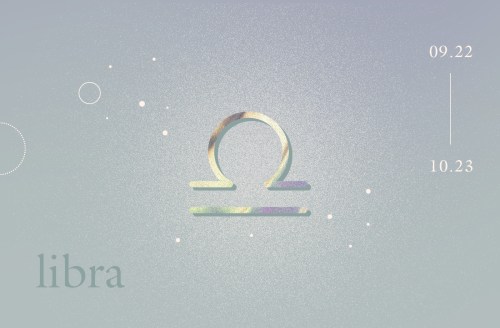
Natural rulers: Libra and Venus
The seventh house rules partnerships. According to Brooks, it’s associated with Libra, which is known as the romantic of the zodiac, and its ruling planet Venus. “Venus rules Libra and the seventh house of partnerships—in love, business, our BFFs, or any one-on-one relationships,” she says.
Eighth house
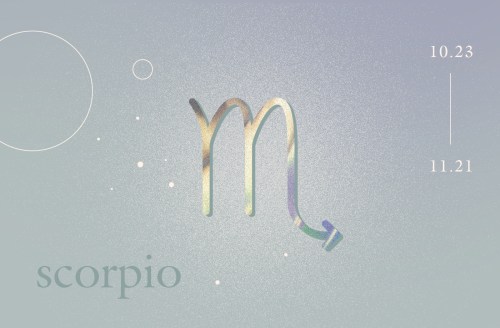
Natural rulers: Scorpio and Pluto
According to Brooks, the eighth house has to do with our “deep psychological processes,” and it corresponds to Scorpio, which is unafraid to plunge into the depths of the psyche (its zodiac element is water, after all) and its planetary ruler Pluto, which is all about regeneration, depth, and transformation.
Ninth house
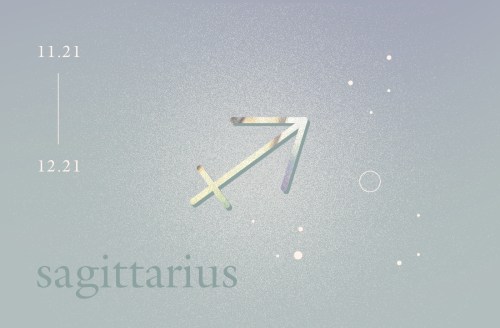
Natural rulers: Sagittarius and Jupiter
The ninth house pertains to wisdom, higher learning, and the pursuit of knowledge. In other words, “It deals with where we go to experience something different than what we’re comfortable with,” says Brooks, which is why it’s befitting that this house’s natural rulers are expansive Jupiter and Sagittarius, which seeks new horizons.
10th house
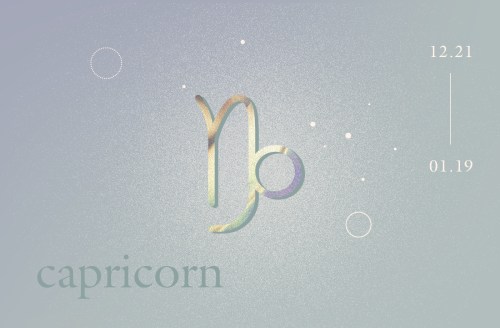
Natural rulers: Capricorn and Saturn
The 10th house is the house of career, social standing, status, and reputation,” says Brooks—and fittingly, it’s associated with Capricorn and serious planet Saturn, which rules over the cardinal earth sign and lends the sign its propensity for hard work and structure that’s often required to achieve success.
11th house
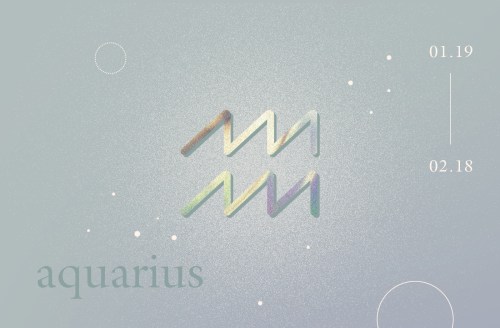
Natural rulers: Aquarius and Uranus
The 11th house relates to community and friendship. It’s also a forward-thinking house—which is embodied in the house’s natural rulers, Uranus (planet of innovation) and Aquarius, a sign that strays from the norm to pave the way for the new. “There’s a lot about Aquarius that’s always trying to improve things,” says Brooks
12th house
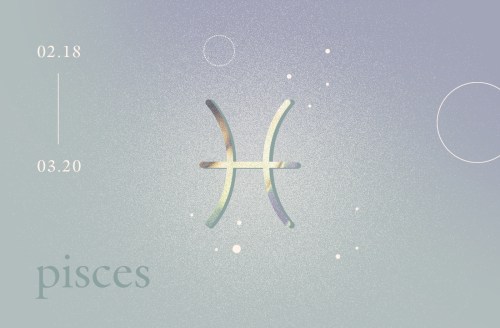
Natural rulers: Pisces and Neptune
“The 12th house is the house of secrets,” says Brooks, and as its natural rulers are the zodiac’s psychic empath Pisces and otherworldly and illusion-loving Neptune, it makes sense that it’s also regarded as “a house of seclusion and has to do with mysticism.”
How to find the houses in your natal chart
To understand the meaning of the houses in your own life, it helps to have a visual of your personalized natal chart. (An online birth chart calculator can help you figure out the details of your natal chart if you don’t have it yet.) When looking at your chart, you’ll see that it’s divided into 12 sections, each of which represents the houses, and you’ll want to begin by looking at your first house, which is located between the nine and 10 o’clock position on the circular map.
The first house will correspond to your ascendant or rising sign—and, according to astrologer Clarisse Monahan in a previous interview with Well+Good, “It is from our ascendant or rising sign that gives us the key to unlocking our birth chart.” From your first house, read the chart counterclockwise to find your second house, third house, fourth house, and so on.
When examining your houses, “pay attention to the sign that’s on your house cusp [the line that marks where the house begins],” says Marmanides. “That’s the sign that rules it.” Marmanides says you’ll also want to look at the planetary placements that fall within the houses. The planets will appear as symbols (or glyphs) within each of the sections, and in some charts, multiple planets might occupy only a couple of houses while others might be distributed evenly across the chart, leaving certain sections without a planet—or what some might refer to as empty houses in astrology.
If your natal chart has empty houses, “it simply means that you may not have the energy of a specific planet infused into a life area,” Ambi Kavanagh, astrologer and author of Chakras & Self-Care, told Well+Good. If there is a house in your chart that is empty, look to the sign that presides over it; whatever planet governs that sign will also rule that house. So, for instance, if your third house of communication is empty, but it has Leo on its cusp, your third house’s ruling planet is the sun.
Again, the houses in your astrology chart are just one piece of the puzzle, but they can help you gain an understanding of yourself and how you co-exist with the people and the world around you.
Frequently asked questions
What do the 12 houses of astrology represent?
The 12 astrological houses each represent the various aspects of your life, including matters of the self and your relationship with the people and the world around you.
What are the strongest houses in astrology?
The strongest houses in an astrology chart are the first, fourth, seventh, and 10th houses, or in other words, our “angular houses,” says Marmanides. She also refers to them as “outside houses,” as they are among the most visible aspects of your life. “The first house is how other people see you; the 10th house is what you’re known for [your career]; the seventh house is your partners; and the fourth house is your family and home,” she says, adding that if you have planets in any of these houses, they can be especially important for you. However, she notes that “every house is important,” and if you have multiple planetary placements in any house, they too can carry a special significance.
Sign Up for Our Daily Newsletter
Get all the latest in wellness, trends, food, fitness, beauty, and more delivered right to your inbox.
Got it, you've been added to our email list.

